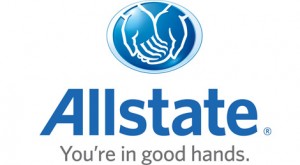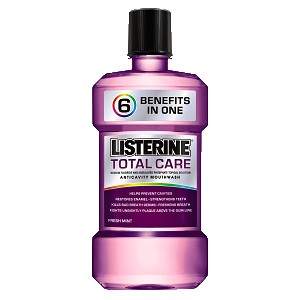 Top Class Action Lawsuits
Top Class Action Lawsuits
Have your hangovers been getting worse recently? Ok—you don’t have to answer, but maybe—just maybe—it’s not only you… A defective products class action lawsuit has been filed against 28 California wineries alleging that they produced wine which contains dangerously high levels of arsenic, in violation of California law. Nothing like a bit of poison to help the relaxation process.
Don’t know how the ball got rolling, but someone/entity had a total 1,306 different types of wine tested by BeverageGrades in Denver. The results showed that 83 wines had dangerously elevated levels of inorganic arsenic. Two additional labs confirmed the results. According to the arsenic in wine lawsuit, some of the wines contained arsenic levels in excess of the safe daily intake limit by 500%. Oh great.
And the news gets worse, because the majority of the wines listed in the complaint are inexpensive white or blush varieties, including Moscato, Pinot Grigio and Sauvignon Blanc. Popular brands named in the lawsuit include Franzia, Sutter Home, Wine Cube, Cupcake, Beringer and Vendange.
The lawsuit is seeking “injunctive relief, civic penalties, disgorgement and damages.”
Time to take up cocktails.
“All aboard whose coming aboard”…The operators of two cruise lines were hit with a Telephone Consumer Protection Act (TCPA) class action lawsuit, alleging they’ve been sending unsolicited text messages to thousands of people’s cellular phones. And that’s not annoying, right?
Consolidated World Travel Inc., which does business as both Holiday Cruise Line and Bahamas Paradise Cruise Line, is the named defendant in the suit, which was filed by plaintiff Jason Huhn. The cruise text complaint alleges the Florida-based company sent Huhn an automated text message on his cellphone in March 2014 offering a free cruise. Free cruise? Really?
Huhn alleges the company never asked him for his consent to send him advertisements. “Defendants sent similar text messages to thousands of individuals nationwide using an automatic dialing system and without the consent of those individuals,” the complaint states. “At no point did plaintiff consent to receiving such text messages. At no point did plaintiff enter into a business relationship with defendants.”
According to the complaint, CWT sends automated text messages to individuals advertising a “free cruise” and providing a phone number that an individual must call to redeem the cruise. When the number in the text message is called, the caller is connected with a company identifying itself as “Travel Services.” The operator explains that he or she sees the caller is calling about a free cruise, and immediately “transfers” the caller to “Holiday Cruise Line,” the complaint states.
The lawsuit also names the cruise line’s Tampa-based marketing firm, Elite Marketing Inc., as well as CWT owner James H. Verrillo as defendants.
Top Settlements
Who said what you don’t know can’t hurt you? Well, Expose did sing it but…who knew about this? AT&T must pony up $25 million to resolve claims by the Federal Communications Commission (FCC) that the phone carrier failed to adequately safeguard personal data of approximately 300,000 customers. The data was stolen from call centers in Mexico, Colombia and the Philippines. Read: massive data breach.
According to the FCC, employees at call centers used by AT&T in the three countries accessed records belonging to roughly 280,000 U.S. customers without authorization. Those records were accessed without authorization, in order to obtain names, full or partial Social Security numbers and other protected account-related data. Terrific.
FYI—Those data are also known as customer proprietary network information, which require requests for handset unlock codes for AT&T mobile phones.
The FCC alleged in its complaint that the call center employees provided that data to unauthorized third parties, which included an entity that went by the alias El Pelon in Mexico, who appeared to have been trafficking in stolen or secondary market phones that they wanted to unlock. That entity allegedly used the information to make more than 290,000 unlock requests through AT&T’s website. Ringing any bells?
According to the terms of the settlement, AT&T, in addition to the $25 million penalty for the alleged violations of Sections 222 and 201 of the Communications Act, must also improve its privacy and data security practices by appointing a senior compliance manager who is a certified privacy professional, conducting a privacy risk assessment, implementing an information security program, preparing an appropriate compliance manual and regularly training employees on the company’s privacy policies and the applicable privacy legal authorities. You think?
Hokee Dokee- That’s a wrap folks…See you at the Bar!









